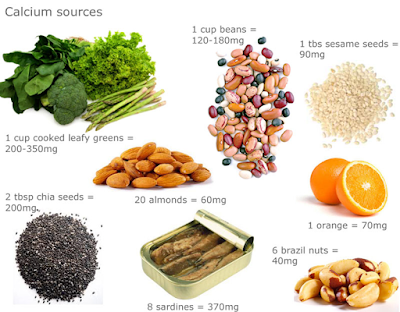The Link Between Gut and Brain: How What's Living in Your Gut can Affect Your Thoughts and Emotions
The idea that the microflora living in the gut can affect a person's health is not revolutionary. They have been shown to cause irritable bowel syndrome, fibromyalgia, chronic fatigue, as well as other autoimmune disorders. Recently, however, scientists and doctors have begun linking these bacteria back to the brain as well. Their findings are showing that our gut microbiome plays a crucial role in anxiety, depression, autism, and neurodegenerative disorders as well.
The average human has about 100 trillion (or three pounds) worth of bacteria living in their gut. Most of these are very beneficial to us and help us to break down the food we eat, absorb certain nutrients, and even make nutrients by themselves! Sometimes, though, our guts start being overrun by pathogenic, or bad bacteria. These bacteria create toxins, known as metabolites, that can travel through the blood and hypothesized to travel through the vagal nerve back to the brain. Once in the brain, these metabolites can alter messenger activity considerably. They affect which neurotransmitters (the messengers) are made and whether or not these neurotransmitters travel to where they're supposed to go. Through treatment using prebiotics, probiotics, and altered food habits, it was found that subjects had a decrease in cortisol levels (the stress hormone), depression, anxiety, and were more able to focus on positive thoughts and things rather than the negative ones.
Bacterial influence on the brain doesn't just stop at neurological disorders though. They can even influence our everyday activities such as the ability to learn, memory formation, emotional arousal, affective behaviors, and decision making processes. The more bad bacteria we harbor, the higher the toxin levels are in our bodies and brains, the more our immune systems have to work and cause us to fatigue, and the more inflammatory our bodies become.
However, there are definitely steps that can be taken to prevent this and reverse this. Prebiotics and probiotics can be very beneficial to most people. It's important to determine whether or not you should be on one in the first place and whether or not it is a good brand. Some people have too much bacteria (even if it's good) in their gut already. Before taking a prebiotic or probiotic, some form of bacterial eradication should be done first. This can be anything to cutting out all sugars for a few weeks, ingesting certain herbs, and in some cases, the administration of antibiotics. Also, an organic acids test can be used to analyze the metabolites excreted in the urine so that your doctor knows exactly which species is too high. Some of these tests will also tell you which herb or antiobiotic should be used to eradicate that species.
It's amazing how much our gut affects the way we think and perceive the world. The saying "follow your gut" has never been taken more literally! If you know someone who is suffering from depression, anxiety, or another neurological condition, please pass on this information. Functional medicine doctors can be found in every state and working with one first hand can be life changing for people suffering from these conditions.






